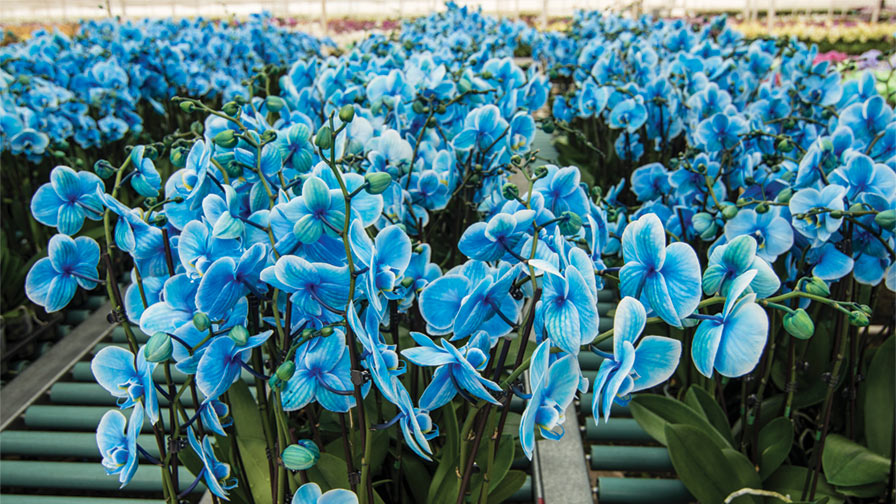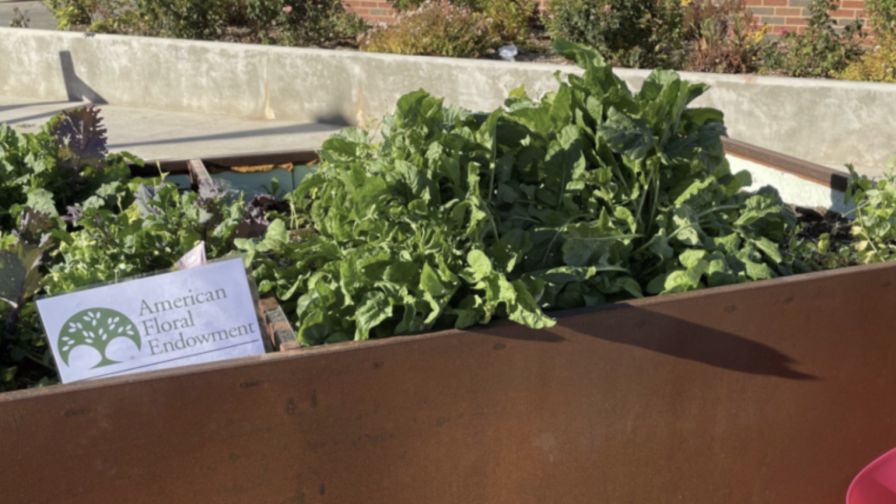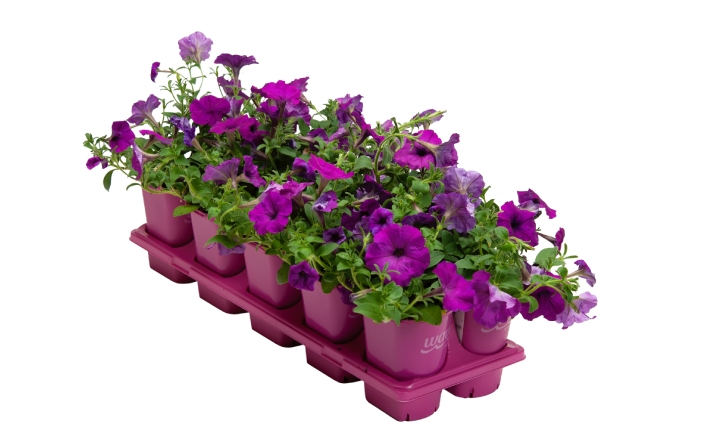Leading Orchid Grower Maps Out Carbon-Neutral Production Plan
 In addition to its principal focus on growing and distributing four million phalaenopsis orchids per year throughout the western U.S., Westerlay Orchids has another long-term vision. The Carpinteria-CA-based grower is focused on sustainability through continuous reduction of its carbon footprint. Solar panels, energy curtains, and a robust offset program will combine to reduce Westerlay’s carbon footprint by 43% in 2021, with a vision of achieving carbon-neutral production by 2026.
In addition to its principal focus on growing and distributing four million phalaenopsis orchids per year throughout the western U.S., Westerlay Orchids has another long-term vision. The Carpinteria-CA-based grower is focused on sustainability through continuous reduction of its carbon footprint. Solar panels, energy curtains, and a robust offset program will combine to reduce Westerlay’s carbon footprint by 43% in 2021, with a vision of achieving carbon-neutral production by 2026.
“We benchmark ourselves against thousands of other horticultural companies worldwide, and this allows us to compare fertilizer, water, fossil fuel, and pesticide use to our peers. In the subset of orchid growers, we are graded at the head of the class for all categories and have achieved an ‘A’ for every year we have been part of MPS,” says Westerlay President Toine Overgaag.
Westerlay is undertaking three significant efforts to reduce its carbon footprint:
- Solar: Westerlay is installing 561 solar voltaic cells forecast to generate 320 kWh per year of electricity at its primary location, and this will provide 100% of all electrical needs for this facility. Westerlay is looking to install more solar panels in 2022.
- Energy Curtains: Westerlay is working with Greenhouse System in replacing and insulating energy curtains in more than 650,000 square feet of greenhouses. This is estimated to save 55,000 therms (British Therma Units (Btu) of natural gas used for heating.
- Offsetting Emissions: Through Carbon Footprint Ltd., Westerlay is offsetting carbon emissions by 2,399 tCo2 through direct financial support to construct a wind power facility in Tamil Nadu, India. Since 2019, Westerlay has worked with Carbon Footprint, a third-party verification service, to measure carbon emissions and determine their strategy for reduction.
These efforts at Westerlay build on past efforts such as installing a 300,000 square-foot irrigation water recycling catch system in 2018 that reduced water use by 38%. Another payoff beyond the conservation of water has been a reduction in natural gas consumption. Channeling the water enables a drier environment in the greenhouse and requires less heating to maintain temperature and humidity. Westerlay reduced its natural gas consumption by 11%, an amount in terms of carbon footprint equivalent to taking 29 cars off the road. For 2023, Westerlay is looking to add another 300,000 of drain system.
Westerlay has achieved an ‘A’ rating every year since 2015 from MPS, the internationally recognized independent horticultural rating agency, and the carbon reduction efforts have contributed to this ‘A’ rating. Eco-friendly changes at Westerlay have quickly put them on the map as an example for others to emulate, positively impacting the climate and the community.









